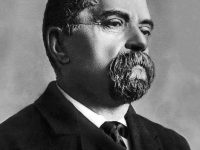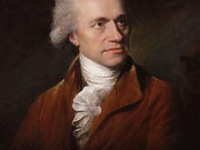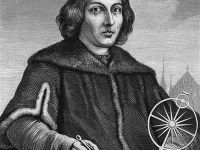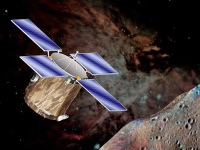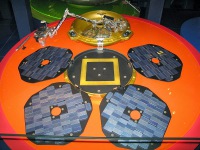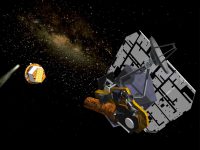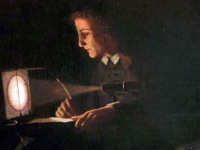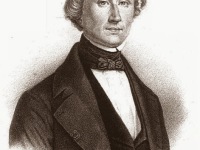Percival Lowell and the Search for Pluto
On March 19, 1915, American astronomer Percival Lowell began to make photographies of the sky in the Lowell Observatory, which was founded by him, to search for a planet beyond Neptune. 15 years later, the dwarf planet Pluto was discovered on these photographies. “Formulae are the anaesthetics of thought, not its stimulants and to make any one think is far better worth while than cramming him with ill-considered, and therefore indigestible, learning.” –…
Read more


